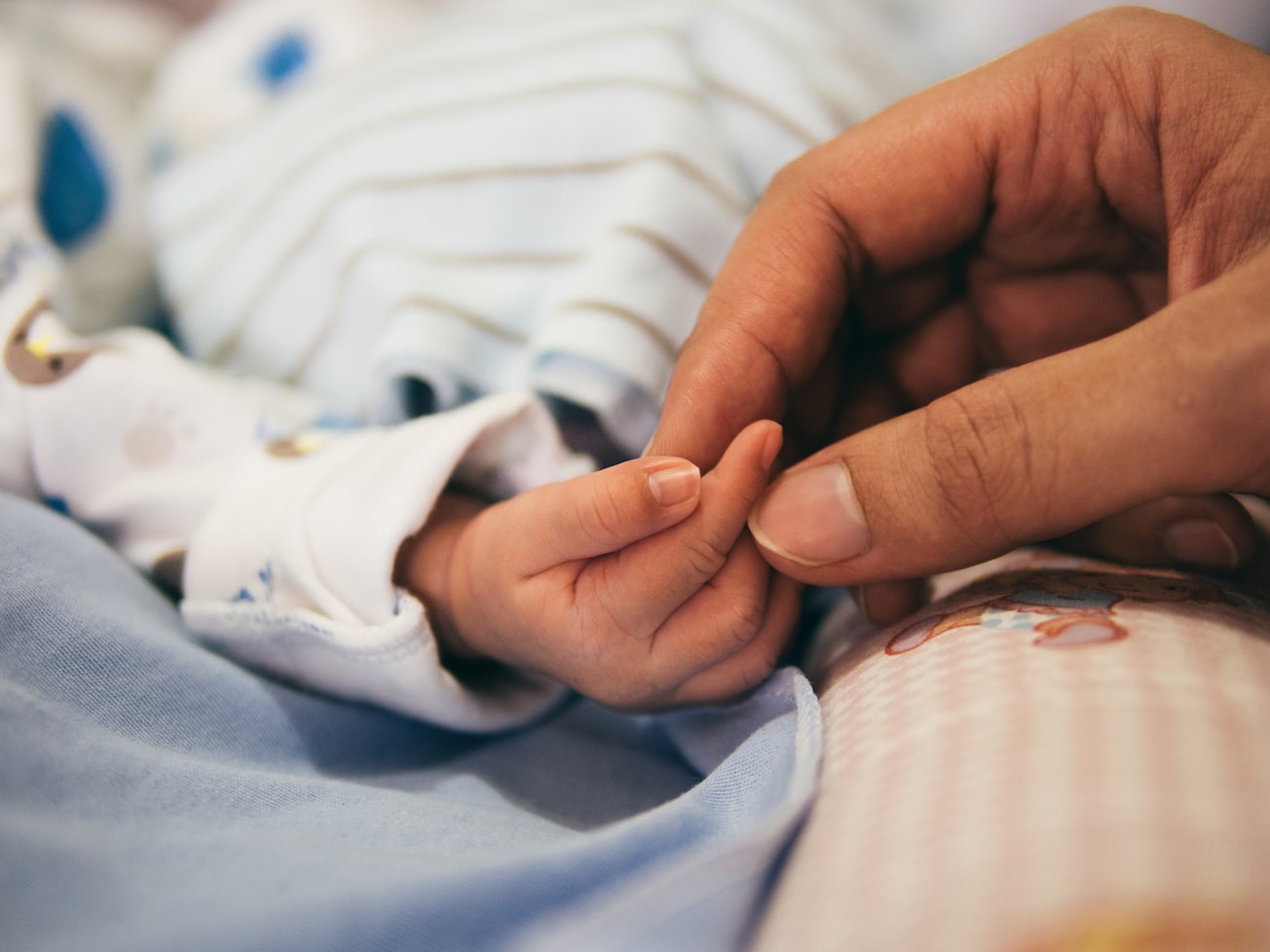What is it about?
Children’s hospices provide a range of services for babies, children and young people with life-limiting conditions, and their families, which includes care after the death. This study explores the emotional challenges of supporting families after the death of their child, and whilst caring for children’s bodies in hospice cool rooms – specially designed bedrooms that enable an alternative to mortuary facilities, where bodies can be cooled whilst laying in a ‘normal’ bed. An Internet-based questionnaire was sent to all practitioners to explore their perspectives of providing care to bereaved families whilst the child’s body was resident in the hospice. 94.9% (n=56) of staff responded. Two key themes were identified that represent the emotional challenges perceived by staff: the impact of deterioration of a child’s body and witnessing the acute grief of families. Practitioners seek to provide care that recognises the importance of family and demonstrates family centred care, as well as supporting families to deal with the changes that occur after death.
Featured Image

Photo by Aditya Romansa on Unsplash
Why is it important?
Despite care after death being a routine part of hospice care services for babies, children and young people, it has been subject to little research and practice guidance, which this study addresses. This study has led to a better understanding of the emotional challenges faced by practitioners caring for babies, children and young people after death. It has led to the development of recommendations on how practitioners can be supported in their role, though the provision of education and clinical supervision. This will a direct impact on how bereaved families are supported, as well as practitioners delivering this challenging element of hospice care.
Perspectives
As a former children's hospice nurse, I recognise the challenges faced by practitioners, and how this can impact on the care provided to bereaved families. The emotional challenges of caring for children after death cannot be overstated - both in terms of physically caring for a child's body, and bearing witness to the grief of families whilst offering emotional support to parents and peers. To our knowledge, this is the first piece of research to explore this area of hospice care, which should aid the development of training and support of staff. This in turn will enhance the care offered to bereaved families whilst their child's body is cared for in a children's hospice cool room.
Dr Michael J Tatterton
University of Bradford
As a Care Team Member at a hospice for children and young people I am aware of the huge importance of caring for children after they have died, of how this affects the family's experience of the loss of their child, and of the effect this has on us as individuals. This paper provides guidance and support on this very important topic.
Alison Honour
Martin House Children's Hospice
Read the Original
This page is a summary of: Sources of emotional challenge for practitioners delivering family centred care after the death of child: an inductive thematic analysis, Mortality, May 2021, Taylor & Francis,
DOI: 10.1080/13576275.2021.1929897.
You can read the full text:
Contributors
The following have contributed to this page










